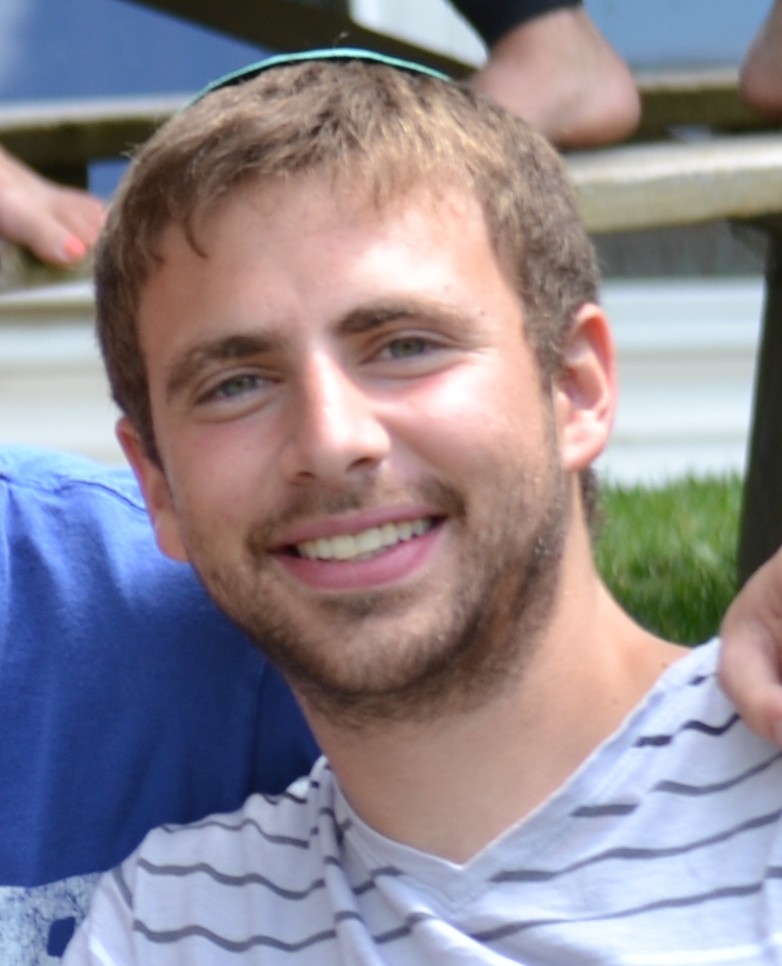Please enjoy a D’var Torah this week from Daniel Warshawsky, Rosh Shoafim 2015. Daniel is currently studying at the Hebrew University in Jerusalem, Israel, where he is part of an inaugural cohort of Nachshon Fellows, a new program to support promising college juniors who are interested in careers in Jewish Education and Leadership. Daniel is a lifelong Ramahnik who will be returning for his fifth year on staff, and an alumnus of Nativ, the United Synagogue of Conservative Judaism’s College/Leadership Training Program in Israel. Daniel will return to Indiana University next fall where he is studying Telecommunications and Jewish Studies. Reflections on Parshat Behar – Bechukotai by Daniel Warshawsky
Every year at this time, I, along with the rest of the Camp Ramah Tzevet (staff), begin to think about the different lessons we want to teach our campers during the coming summer. We ask ourselves, “What values do we want our campers to leave with when they come home in August?” At camp, we don’t just teach campers how to play basketball or how to act in a play, and we don’t just teach them new prayers and ideas from Jewish sources. Over the course of our campers’ eight weeks at camp, we provide them with a framework to lead a thoughtful Jewish life, and the tools that they need to navigate the many different relationships that they will encounter in the future.
In a similar fashion, in Parshat Behar – Bechukotai, God provides B’nai Yisrael with specific laws and regulations that they must follow. While the exact reasons for the laws that we receive are not always stated, it is clear that these laws help us live a meaningful and inherently Jewish life. One of these laws that God provides in this week’s Parshah is the law of the Shmitah (Sabbatical) year. God says, “In the seventh year the land shall have a Sabbath of complete rest, a Sabbath of the Lord…” This year, Israel is observing such a year, as many farmers do not harvest their fields and even relinquish ownership of them. It is a year to not only give the land rest, but it gives everyone ownership of all crops that are grown.
In preparation for this special year, the camp-wide theme for last summer was Shmitah. Over the course of our eight weeks together, we talked about Camp Ramah as our own special version of Shmitah. We all took the time to discuss what camp means to us, and about how it functions as our separation and release from everything that goes on during the rest of the year.
I spent this last semester learning about Jewish Education and how to create better programing at camp as a member of the Nachshon Project in Jerusalem. In Israel, I was privileged to see Shmitah put into practice across the country. These last few months in Israel have also functioned as my own personal Shmitah. Just like we do at camp, I was able to recharge my batteries and think about my life. I was also provided with time and resources to start planning for camp extra early, and to think deeply about the ideas and framework that I want to teach campers this summer. This Shabbat, with camp just a few weeks away, I hope that we can all embrace this Parshah’s message and find time to relax and reflect about ourselves, and on the way we live our Jewish lives.
Shabbat Shalom, and see you on the Kikar!






